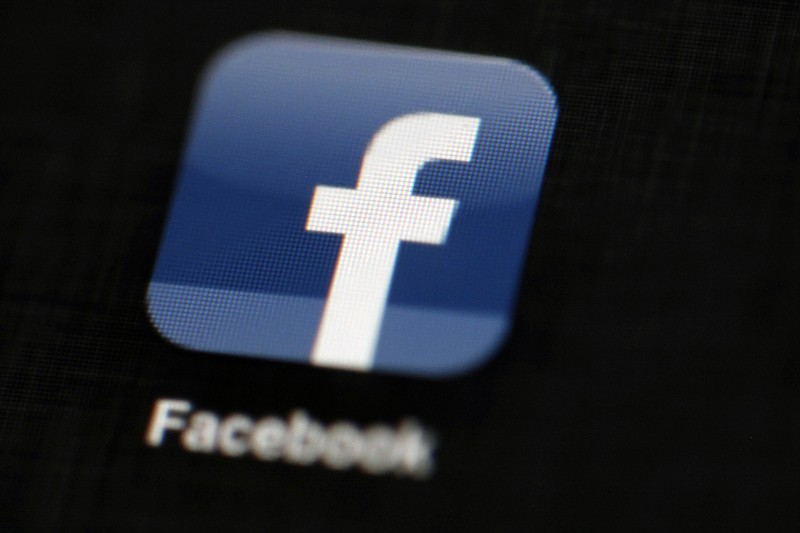There is so much news these days that it's hard to distinguish one big story from another. But for me the most consequential story of late was that a self-driving car operated by Uber - with an emergency backup driver behind the wheel - struck and tragically killed a woman on a street in Tempe, Ariz.
I could only look at that deeply unsettling story and say: Welcome to the second inning - the second inning of one of the world's great technological leaps, the implications of which we're just beginning to understand.
But first, let's acknowledge one thing: The first inning was amazing. It was an inning full of promise, discovery and marvel. In the early 2000s, a set of technologies came together into platforms, social networks and software that made connectivity and solving complex problems fast, virtually free, easy for you, ubiquitous and invisible. Suddenly, more individuals could compete, connect, collaborate and create with more other people, in more ways, from more places, for less money and with greater ease than ever before.
We became our own filmmakers and reporters; we launched political and social revolutions from our living rooms; we connected with long-lost family and friends; we found the answers to old and new questions with one click; we searched for everything from spouses to news to directions to kindred spirits with our phones; we exposed dictators and branded ourselves.
And then, just as suddenly, we found ourselves in the second inning. The cool self-driving car killed a pedestrian; the cool Facebook platform enabled Russian troll farms to divide us and inject fake news into our public life; the uncool totalitarian government learned how to use the same facial recognition tools that can ease your way through passport control to single you out in a crowd for arrest.
And Mark Zuckerberg, who promised to connect us all - and that it would all be good - found himself on the cover of Wired magazine, with his face cut, bruised and bandaged, as if he'd been hit by a fastball. He wasn't alone. In inning two, we started to feel beat up by the same platforms and technologies that had enriched, empowered and connected our lives.
What to do? For problems like this, I like to consult my teacher and friend Dov Seidman, CEO of LRN, which helps companies and leaders build ethical cultures, and the author of the book, "How: Why How We Do Anything Means Everything."
"The first inning's prevailing ethos was that any technology that makes the world more open by connecting us or makes us more equal by empowering us individually must, in and of itself, be a force for good," Seidman began. "But, in inning two, we are coming to grips with the reality that the power to make the world more open and equal is not in the technologies themselves. It all depends on how the tools are designed and how we choose to use them."
Equally important, Seidman added, these "unprecedented and valuable tools of connection" are being used with accuracy and potency "to assault the foundations of what makes our democracies vibrant, capitalism dynamic and our societies healthy - namely, truth and trust."
And they have begun to be used "to assault our personal foundations - our privacy and sense of identity," Seidman said: So what to do? "Precisely because we are in just the beginning of a technological revolution with a long, uncertain, up-and-down road ahead, we need to start by pausing to reflect on how our world, reshaped by these technologies, operates differently - and on the kind of values and leadership we will need to realize their promise."
Values are more vital now than ever, Seidman insisted. "Because sustainable values are what anchor us in a storm, and because values propel and guide us when our lives are profoundly disrupted. They help us make the hard decisions." Hard decisions abound, because everything is now connected.
"The business of business is no longer just business," he said. "The business of business is now society. And, therefore, how you take or don't take responsibility for what your technology enables or for what happens on your platforms is inescapable. This is the emerging expectation of users - real people - who've entrusted so much of their inner lives to these powerful companies."
The New York Times
